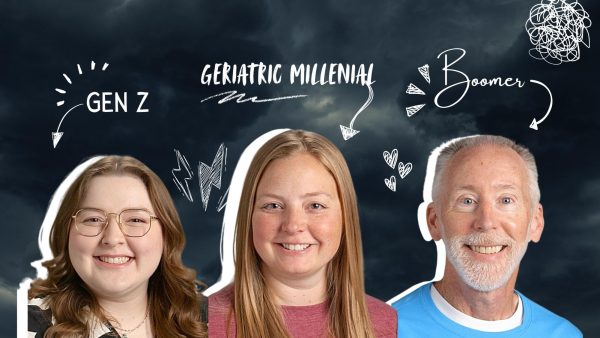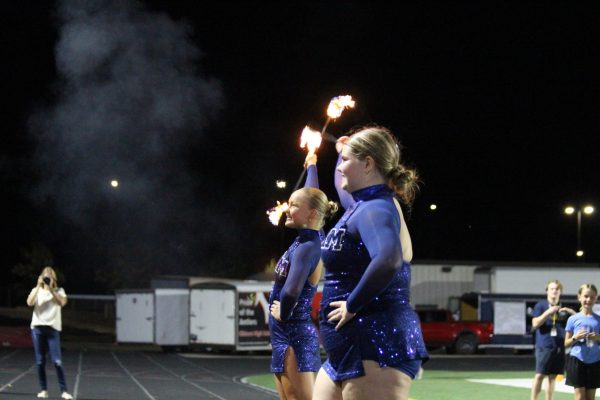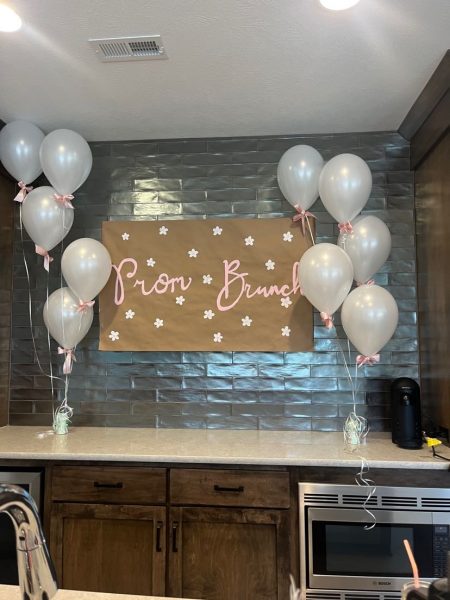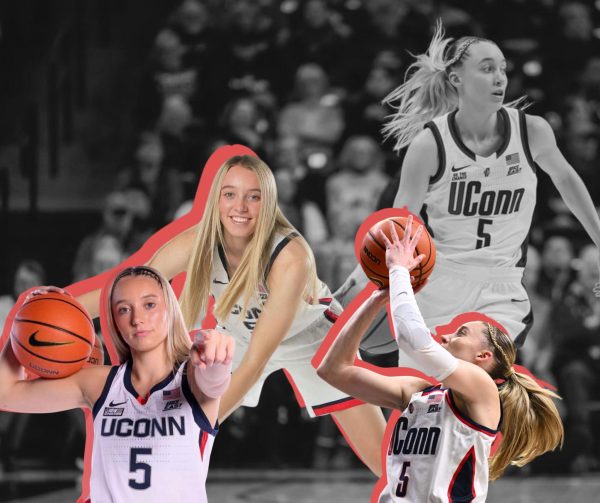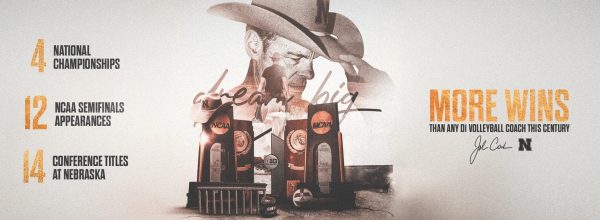Concussion aftermath
Concussions are a major issue, often pushed under the rug. No matter how many plans schools and sports put into place to prevent it, students still suffer a large number of concussions. Many concussions go undiagnosed due to the fear of no longer being able to play a sport or societal pressure to just suck it up. Unlike most other injuries, concussions do not create visible damage on the outside of the body and are not treatable with wraps or braces.
Sophomore Madeline Payne is no stranger to this. Madeline began playing soccer at three years old, after her brother Alex got into the sport. They would practice together and bonded over soccer.
“My favorite sport to play was soccer. I essentially dropped Taekwondo and other aspects of my life to play. I would get home from school, change, then be at the fields until 9:00,” Madeline said.
Madeline received her final concussion playing a soccer game. She does not remember what specifically happened, but it was obvious what the result was. She had significant memory loss and could no longer remember key details easily. She also forgot her siblings and that they recently got a new puppy.
“I had to quit soccer. I struggle with my short term memory. I had a hard time focusing in class and comprehending what I was reading. I grew to be negative and wasn’t mentally there,” Madeline said.
This was her third concussion, and her second one from soccer. Her brain was not able to heal and return to a stable state. Due to this, the doctors decided it was not safe for her to play any contact sports. The doctors knew that if she played again she would severely damage her brain and would have worse side effects. Nicole Payne, Madeline’s mother, recalls how the recovery and acceptance process is a continuous thing that Madeline will have to deal with throughout her life.
“The recovery process from concussions can be a difficult road and one that should not be rushed,” Nicole said.
Her everyday life was a struggle as her brain was trying to heal.
“It was especially hard going from practicing nonstop to not even being able to watch TV or read for a week. Everything in my life at that point was always soccer or for soccer, and then after the concussion I did not know what to do,” Madeline said.
Trying to adjust back to school was also a large struggle due to all of the symptoms. It took Madeline 4 weeks to go back to school full time.
“Teachers were very helpful. They let me go to a quiet space if I needed or go home if it was that bad. They helped me stay on track school work and grade wise. They were very helpful and it would have probably taken me twice as long to get back if it wasn’t for their help and cooperation,” Madeline said.
Concussions are not a one time injury and need time to heal. If someone hits their head, even lightly, or pushes their brain to hard it can cause major and permanent damage. Setbacks can occur often and some people never recover from them. Madeline’s friends looked out for her through her recovery and even pointed out when she would not admit to struggling.
“If my friends hadn’t said ‘No, Maddie, we need to go to the nurse,’ I may have had a brain bleed or have had harsher consequences mentally. I can’t thank them enough for that,” Madeline said.
Maddie’s father, Matt Payne recalls the initial process of recovering and adapting to the situation. The Paynes researched the diagnosis and did as much as they could to help Maddie.
“It is excruciating to watch your child have something she loves taken away from her. We had a lot of sleepless nights worrying about whether Maddie would ever get back to ‘herself’. Equally difficult was explaining to Maddie that we were not going to let her play soccer anymore due to the increased risk of her suffering another, and potentially more severe, concussion,” Matt said.
Madeline also describes how hard it was to sit out and watch her teammates play without her. She was the only goalie, and her team had to fill her spot with one of their best field players.
“I felt like I had disappointed and let down my whole team. It was especially hard during State Cup, because I felt we had a good shot of winning it. I felt like I missed out on just bonding time with my teammates. I couldn’t go to any of the out of town tournaments and those are always good for team bonding. I was no longer in a carpool and I missed just talking with those girls to and from practice,” Madeline said.
One of Madeline’s goals in life was to win a state championship. Even though she can never play soccer again, she has started to referee soccer games to stay involved. She also goes to the gym to stay fit and relieve stress.
“I have grown from the experience and am a more positive and stronger person than I was before the concussion,” Madeline said.



